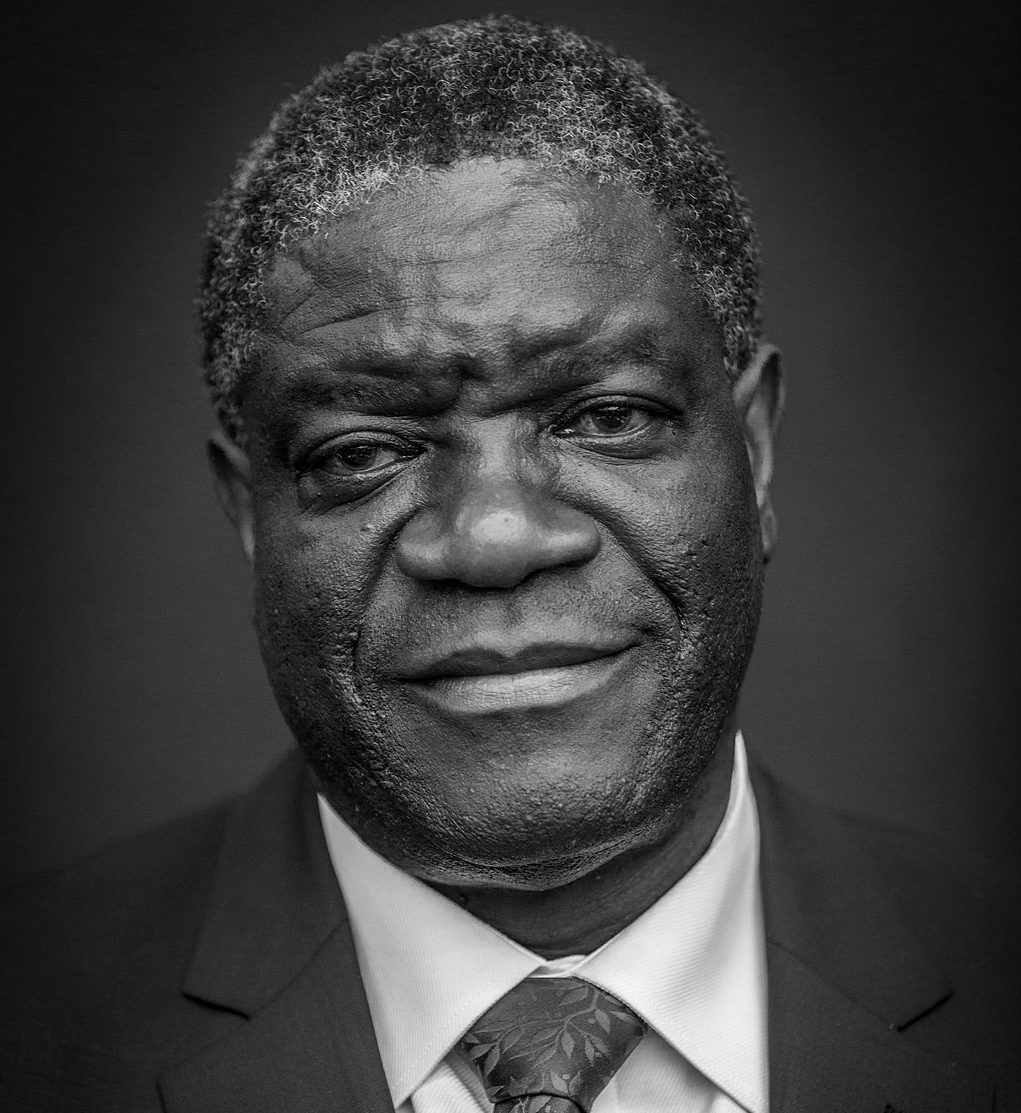Denis Mukwege, 2018 co-winner of the Nobel Peace Prize, used his Nobel address to masterfully tell stories about his work with survivors of sexual violence in the Democratic Republic of the Congo.
The main story he tells is a harrowing account about a woman named Sarah. He ends it this way:
Today, Sarah is a beautiful, smiling, strong and charming woman.
Sarah has committed herself to helping people who have survived a history like hers.
Sarah received fifty US dollars, a grant our Dorcas transit house gives to women who are ready to rebuild their lives socio-economically.
Today, Sarah runs her small business. She has bought a plot of land. The Panzi Foundation has helped her with sheeting to make a roof. She has built a little house. She is independent and proud.
Her experience shows that, no matter how difficult and hopeless the situation, with determination there is always hope at the end of the tunnel.
If a woman like Sarah does not give up, who are we to do so?
This is very much like a fundraising story. What follows could easily be a fundraising ask. What does follow is a more general call to action.
Read the speech. It’s not easy or pleasant, but it’s powerful.
Mukwege’s story does one thing that careful fundraisers usually avoid: The story he tells is resolved. It has a “happy ending.” That’s called for by the context of the speech. I think what makes it work as a call to action is the direct challenge: If a woman like Sarah does not give up, who are we to do so?
That’s the secret to successful storytelling: Whatever else you do, make it about the listener.
Thanks to Bas van Breemen of Mindwize, a great fundraising agency in the Netherlands.
Interested in in Mukwege’s work? Check out the Dr. Denis Mukwege Foundation.
To discover how you can have powerful storytelling in your fundraising, take our online course; Your Blueprint for Donor-Focused, High-Revenue Fundraising Storytelling. It’s available for members of The Fundraisingology Lab. Check it out.










